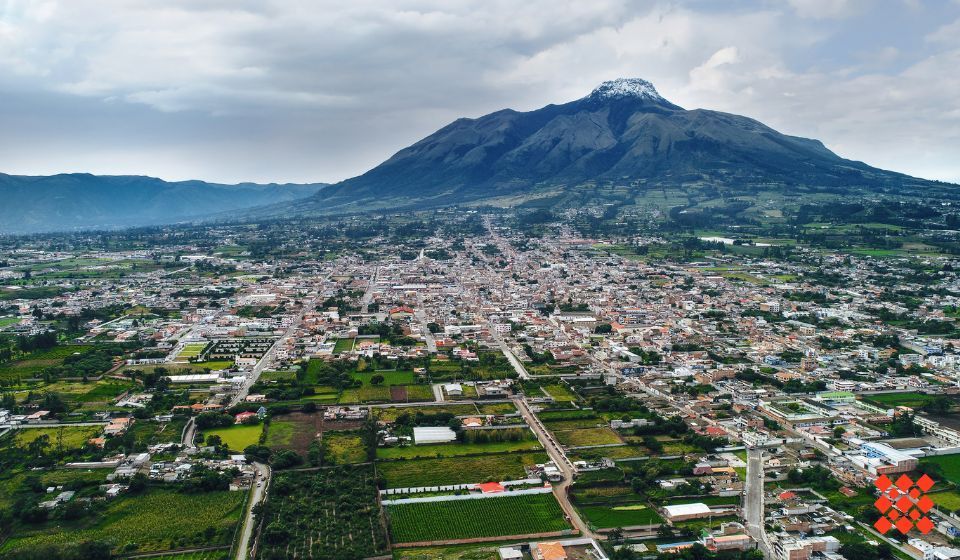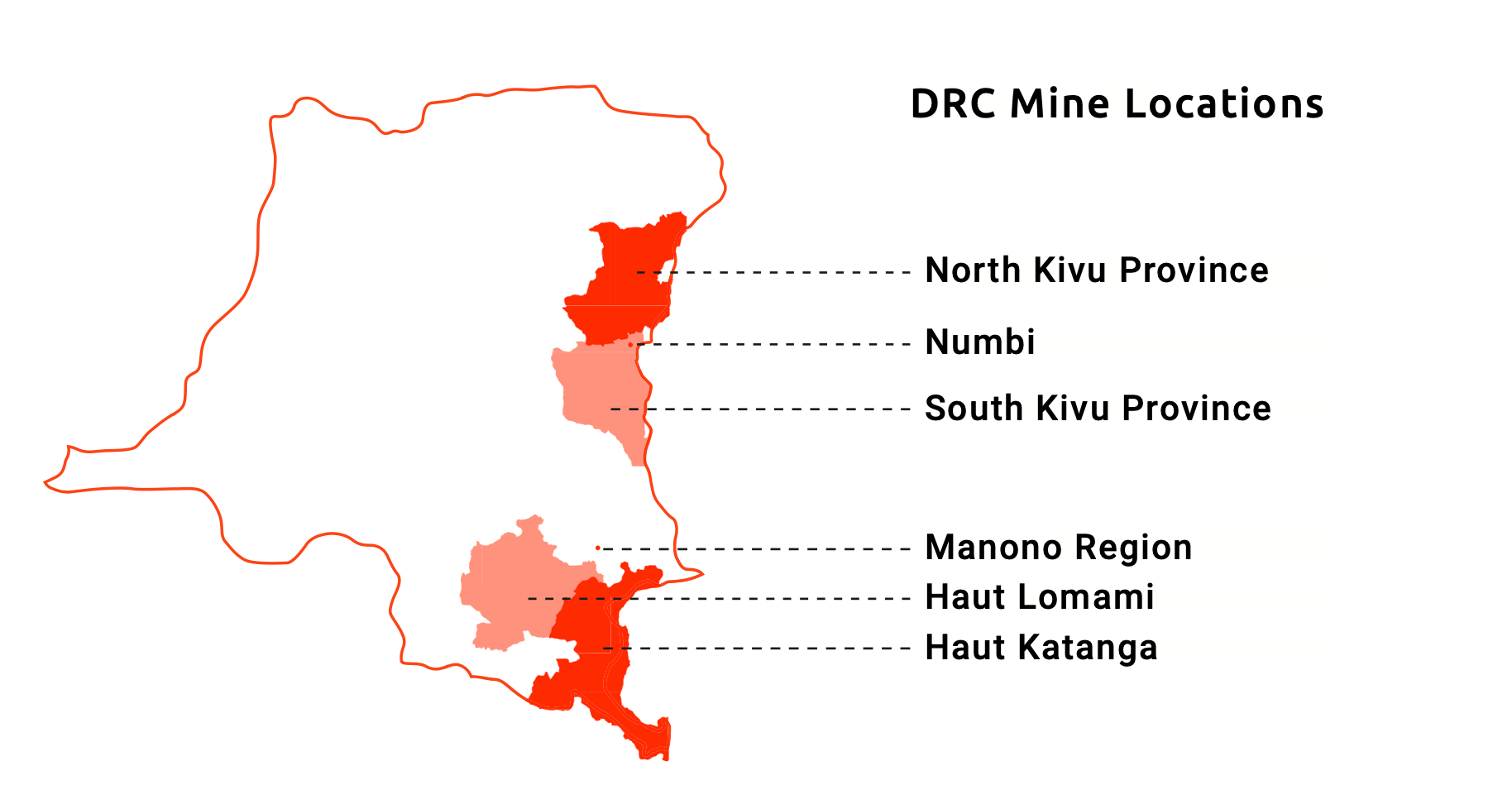Child labor in Ecuador
Modern slavery, including child labor and human trafficking, is a significant issue in Latin America. According to the International Labour Organization (ILO), more than 8 million children between the ages of 5 and 17 are engaged in child labor in the region. Children work on plantations, in mines, or in factories without proper safety measures and are unable to escape the cycle of modern slavery due to a lack of legal protection, education, and opportunities to break free. Because of their often isolated and marginalized status, indigenous populations and marginalized communities are also vulnerable to forced labor.
In Ecuador, there are over 270,000 child laborers between 5 and 14 years old, according to Ecuador’s Institute of Statistics and Census (INEC). The figure represents 7.1% of Ecuador’s child population.

Furukawa Plantaciones C.A.
For the first time in the country’s history, a company is facing criminal proceedings for the trafficking of adult and child workers. Furukawa Plantaciones C.A. was incorporated in Santo Domingo de los Tsachila in 1963, but belongs to Japanese interests – more specifically, Tokyo TFPC Marketing Co. Ltd. During its 60 years of operation in Ecuador, Furukawa has amassed assets worth 18 million dollars for its abaca fiber production. Abaca fiber is widely used in tea bags, filters for machines, banknotes, and high-quality paper, in the automotive and textile industry, as well as in the manufacturing of surgical masks.
Furukawa has been accused of subjugating entire families and their children by forcing them to live and work in its plantations under inhumane conditions with little pay, no contractual agreements and no freedom to change their situation.
Violations found, little has changed
In 2021, the company was ordered by a Santo Domingo court to pay a one-time fine of USD 42.880, close the affected plantation for 90 days, and transfer 5 hectares of land to each victim for violations of Ecuadorian anti-slavery legislation. The company contested and appealed all the rulings. No indication was found that the company established anti-slavery measures.
Simultaneously, the Prosecutor's Office started investigating Furukawa for more than three years. In January 2023, 106 workers and the public prosecutor sued the firm for trafficking with the purpose of labor exploitation and forced labor in a landmark criminal litigation where five managers of the company stand accused along with the legal entity itself. Namely, Marcelo Almeida – linked to Furukawa for two decades – is considered a key perpetrator. The other individuals accused are Iván Segarra, former field administrator, Adrián Herrera, manager at Furukawa since 2019, Hugo Chalen, commercial manager since 2001, and Paúl Bolaños, administrative head from 2005 to 2006 and head of human resources from 2018.
Furukawa’s manager Adrián Herrera admitted in a 2022 interview that plantation workers were given loans to stop protesting against the company, which they then had to repay with labor under duress.
The criminal litigation against the company is currently ongoing.
Evidencity conducts in-house research on TruthSeeker, researching companies and individuals of global economic interest.



